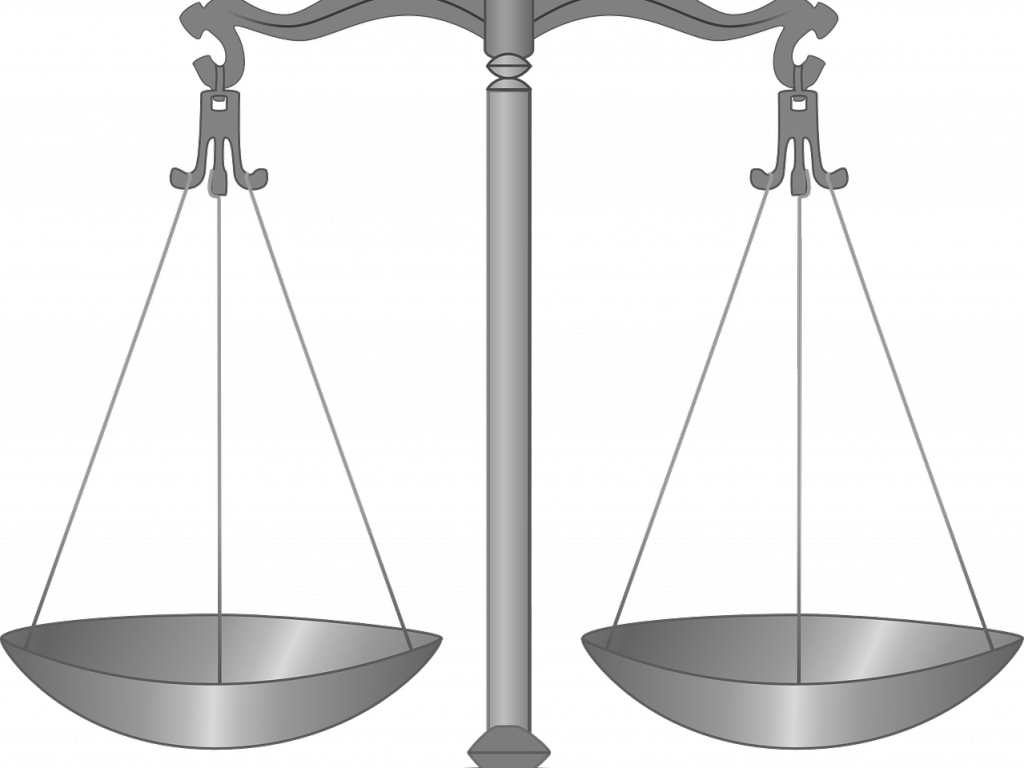3 Equal-Weight ETFs Soaring To Record Heights
Author: ETF Professor | December 15, 2019 05:25pm
There's something to the concept of equally weighting stocks in exchange traded funds.
For instance, the Invesco S&P 500 Equal Weight ETF (NYSE:RSP), the largest equal-weight ETF by assets, has frequently outperformed the cap-weighted S&P 500, though both are performing mostly inline with each other this year.
The top 10 stocks in the S&P 500, most of which are momentum fare, account for a percentage of the index that is reminiscent of what was seen at the height of the late 1990s tech bubble.
“Equal weight investing is very different from the traditional cap-weighted method — where each stock is weighted based on its size (or market capitalization),” according to Invesco.
“Cap-weighting often favors the largest stocks in the strategy, which results in the performance of few dominating the rest and increasing concentration risk.”
Though it has heft, RSP isn't the only game in town when it comes to equal-weight ETFs. The following are a trio of equal-weight ETFs that hit all-time highs Thursday.
Direxion NASDAQ-100 Equal Weighted Index Shares (QQQE)
Investors looking to avoid benchmarks that are looking a little too bubbly thanks to technology and internet stocks without entirely scrapping exposure to those segments ought to consider the Direxion NASDAQ-100 Equal Weighted Index Shares (NYSE:QQQE), which is the equal-weight answer to the widely followed Nasdaq-100 Index.
The cap-weighted Nasdaq-100 allocates nearly a third of its combined weight to Apple (NASDAQ:AAPL), Microsoft (NASDAQ:MSFT) and Amazon (NASDAQ:AMZN). In QQQE, those stocks combine for just 3%.
Still, the Direxion ETF is trailing the Nasdaq-100 by a negligible amount this year while significantly easing the burden of single stock risk.
First Trust Dow 30 Equal Weight ETF (EDOW)
The traditional Dow Jones Industrial Average is a price-weighted index, meaning the largest component is the one with the highest price tag. In this case, that means Boeing Co (NYSE:BA). The First Trust Dow 30 Equal Weight ETF (NYSE:EDOW) alters the old school Dow by following the Dow Jones Industrial Average Equal Weight Index.
EDOW's components range in weight from 2.85% to 3.99%. Apple is the largest holding and the equal-weight methodology makes technology the largest sector weight in this fund.
EDOW is beating the standard Dow Jones Industrial Average by 40 basis points this year.
Goldman Sachs Equal Weight U.S. Large Cap Equity ETF (GSEW)
The Goldman Sachs Equal Weight U.S. Large Cap Equity ETF (CBOE: GSEW) is one of the nearest rivals to the aforementioned RSP and could one day be credited with touching off a mini fee war in the equal-weight space.
When GSEW debuted just over two years ago, it came to market with an annual fee of 0.09%, prompting a few cuts by RSP's then-issuer. The fund, which tracks the Solactive US Large Cap Equal Weight Index, has been fairly successful, attracting nearly $147 million in assets.
Obviously, GSEW doesn't track an equal-weight version of the S&P 500, but it does equally weight domestic large caps — and its strategy is working, because it's slightly outpacing the cap-weighted S&P 500 year-to-date.
Related Links:
Where Saudi Aramco Fits In ETFs
A Formidable 5G ETF
Posted In: AAPL AMZN BA EDOW GSEW MSFT QQQE RSP





